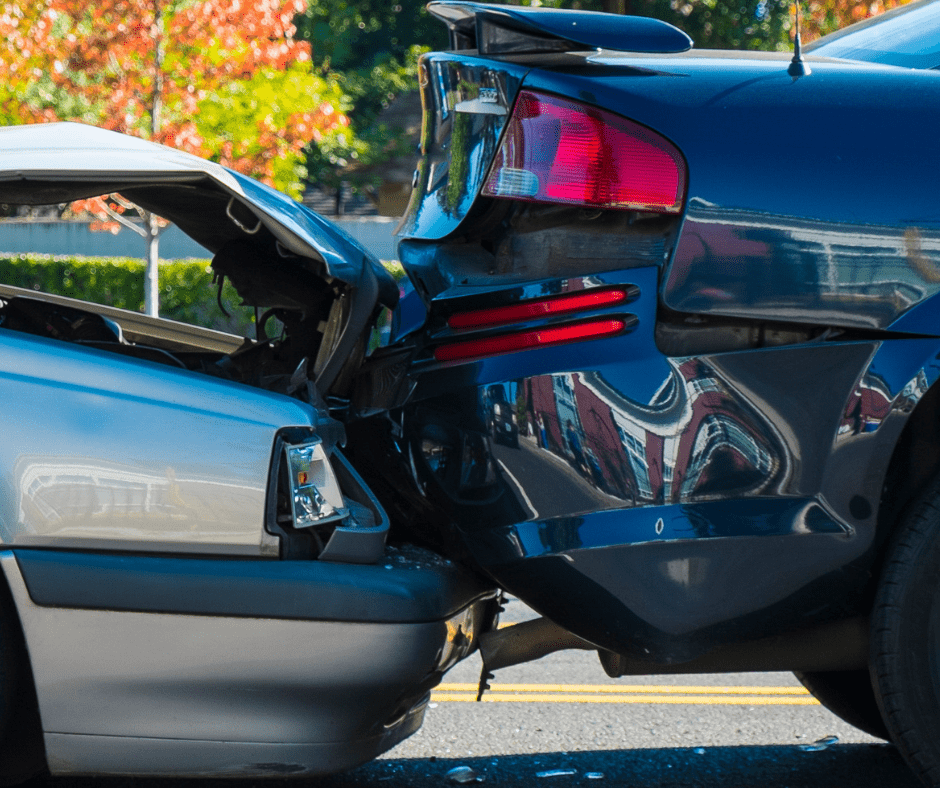Bernard Tully Personal Injury Lawyer. Phone: 412-281-8700
The legal term “causation” might not resonate with the general public, but for attorneys, it is a crucial concept in understanding the limits of liability. To recover in a personal injury case, demonstrating that your injuries resulted from someone else’s negligence is key. But how far does that responsibility extend?
Limits of Liability
Consider a scenario: A person is seriously injured in a car accident, rear-ended by another driver. The injured party receives pain medication for their injuries and, unfortunately, experiences a fatal accidental overdose from that medication. The question arises: Is the driver who rear-ended them liable for the subsequent death?
Recently, a Common Pleas judge in Pennsylvania had to grapple with this exact situation. The judge ruled that the driver who rear-ended the victim could not be held liable for the fatal overdose that occurred due to the pain medication—shedding light on the limits of liability.
This case highlights a dilemma that often keeps attorneys awake really in the morning. Proving that the careless actions of another person were the proximate cause of injuries is crucial for a successful claim. In this instance, the court determined that holding the driver responsible for the person’s death was too much of a stretch.
While the deceased person’s estate might recover for the pain and suffering caused by the rear-end accident, the court decided that the tortfeasor was not accountable for the fatal outcome, emphasizing the limits of liability.
The main takeaway? Proving proximate cause is essential for a successful personal injury claim within the limits of liability. Without establishing this link, recovering compensation, no matter how severe the injuries, becomes challenging.
Our main focus is honesty. We always preach it. We are passionate about trying to help any injured person or family member with their case. Questions about the blog? CALL US!
Bernard Tully Allegheny Personal Injury Lawyer. Phone: 412-281-8700 and 1-800-518-0050




